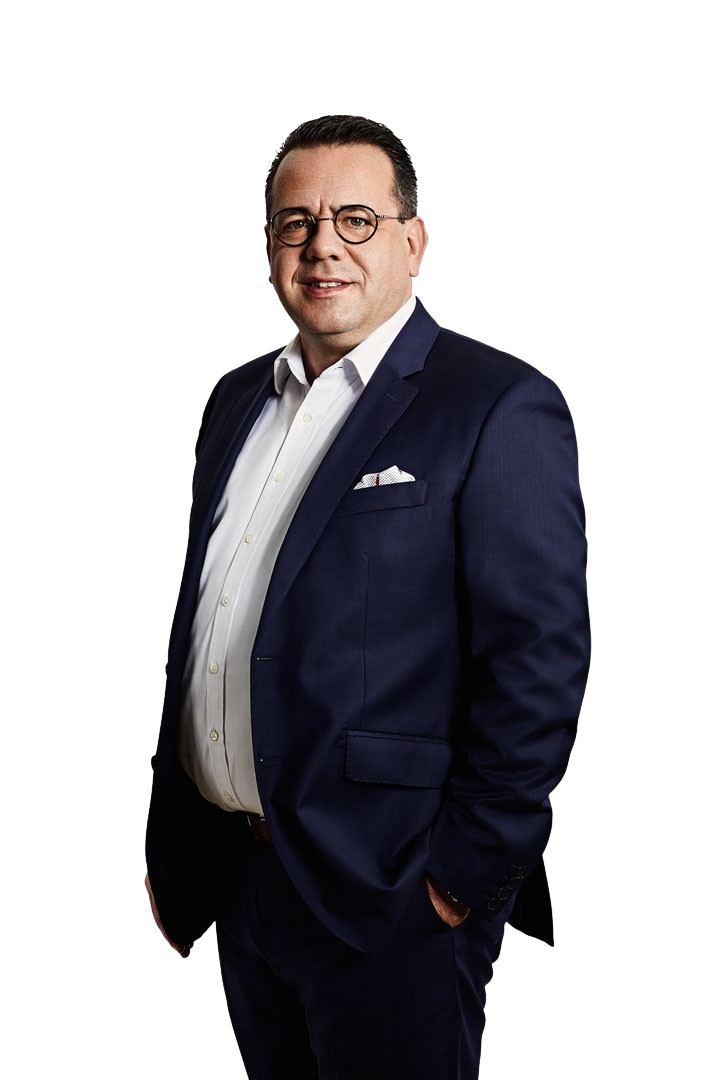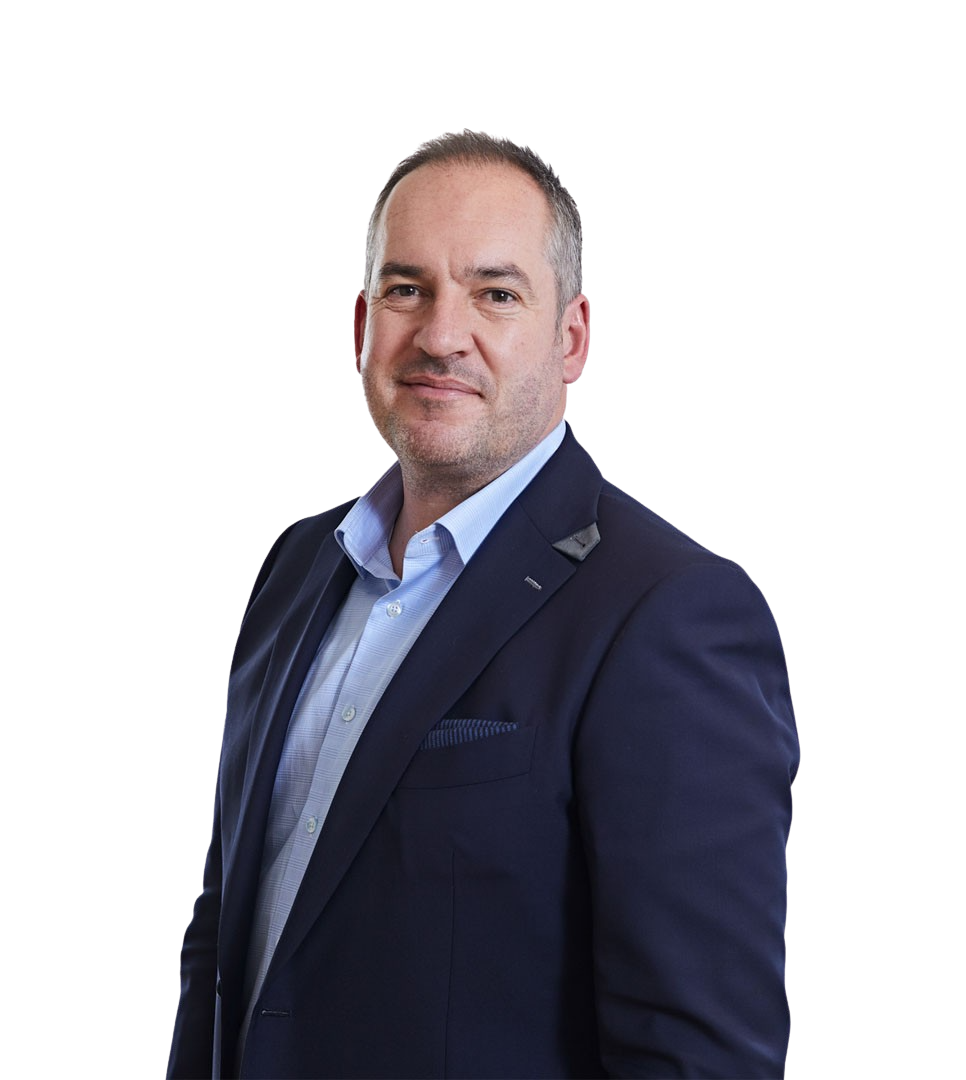Kicking up a lot of dust, COVID-19 has made the form and shape of the future of automobility even more opaque. The objective of this insight is to function as a compass for players in the US automobility industry for the near-term future by providing a different perspective on what has and has not changed amidst the pandemic. The insight is structured into three sections: (1) A critical reflection of what American customers want, (2) a discussion of the impact on the automobility value chain, and (3) a synthesis of the strategic implications for automobility players operating across this value chain.
(1) WHAT CUSTOMERS WANT
The private vehicle will remain the cash cow of the automobility industry over the near-term future. Within this dominant segment, customers are demanding an omnichannel blend of physical and digital (retail) offerings. While connected services are on customers’ radar, their full unfolding is yet to come. Depending on the development of macroeconomic stimuli, electric passenger vehicles will remain a niche phenomenon in North America over the near-term future, just as automated driving.
(2) HOW AUTOMOBILITY PLAYERS REACT
Automobility supply has been shaken by COVID-19 with vehicle production having been kept at a standstill from mid-March through early May. The market capitalization and stellar performance of Tesla amidst the pandemic showcases the importance of greater digitalization of the customer experience. Beyond the immediate Corona manifestations, changes in the automobility value chain will rewrite the rules of the game. While incumbents’ DIY approach to the future of automobility gave room to new kids on the block, the required core competencies to champion this future will be too complex for a single player to handle alone.
(3) WHAT NOW
Future competition in the automobility industry will be between networks, not individual players. OEMs are recommended to internalize their home-turf core competencies at the customer interface and regarding the provision of the vehicle framework. CASE technologies should only be internalized if players can realistically achieve a sustainable competitive advantage in them. The underlying legal, financial, and technological risks of all other fields are best hedged in a network of complementary downstream and upstream partners.
Coping with the digital ramifications of the pandemic is only the qualifier for the longer-term game. Future success will be determined by performance within networks, not individual greatness. Formulate a clear vision and enhance prioritized core competencies, which will form your network value proposition. Now.
Andreas Radics (1973) has been advising the automotive industry as a consultant since 2001. In addition, he can look back on over four years of professional and management experience in industry. Before co-founding and building up Berylls Strategy Advisors in 2011 as one of its Managing Partners, he worked at Gemini Consulting and Oliver Wyman, two international strategy consulting firms.
Besides being one of the leading subject-matter experts in Mergers & Acquisitions as well as in the development and implementation of corporate strategies in the automotive industry, he is an expert in e-mobility and a proven expert on the US market.
Business administration degree at Catholic University of Eichstätt-Ingolstadt, Business Administration Faculty, Ingolstadt, Germany.

Martin French has over 25 years of experience in automotive OEM, Tier 1 suppliers & mobility startups with various high-profile international leadership, product development, operational, program management, strategic & business development roles. In 2012, after holding various senior management positions, he was appointed Global Vice President Customer Group at Webasto where he led the global business transformation for their US based customers with over $1bn in revenue.
Martin joined Berylls by AlixPartners (formerly Berylls Strategy Advisors) as Managing Director in 2019 and leads the Berylls office in Metro Detroit, USA. His consulting focus is Automotive Suppliers & OEMs, Corporate Strategy & Business models, M&A, Restructuring & New Business Development & Go to Market.
Martin studied Production & Mechanical Engineering at Oxford Brookes University. He has lived in Michigan, USA, since 2012.

Henning joined Berylls in 2018, is an Associate Partner at the Berylls Group and is currently completing a regional assignment in Detroit to further expand our local footprint. Henning particularly focuses on topics at the interface of new business development, go-to-market strategies, sales as well as organizational transformation. He has advised automotive manufacturers, suppliers and investors on a global scale.
As an MSc. Management graduate, Henning has completed his education at WHU – Otto Beisheim School of Management (Germany), Kellogg School of Management, Northwestern University (United States) and Warwick Business School (United Kingdom).
